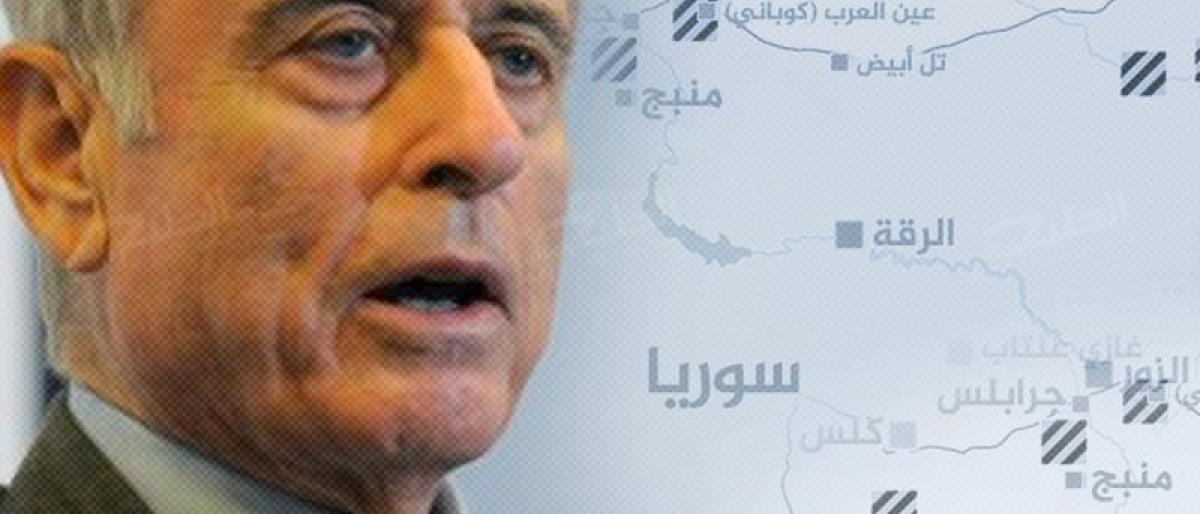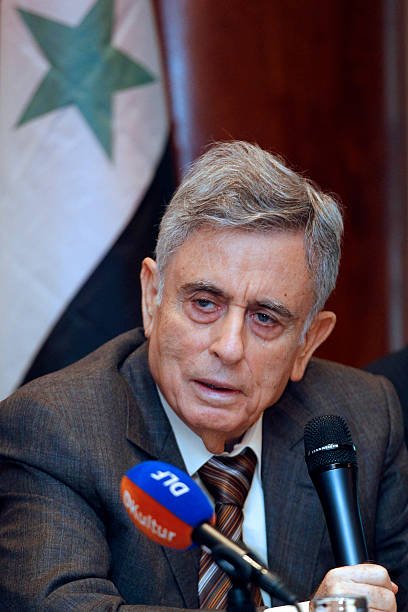Abdul Haleem Khaddam, the former deputy to the Syrian president, accused President Bashar al-Assad on Thursday of planning to divide Syria and mobilizing his weapons in the Alawite regions.
In an interview with the French newspaper “Le Figaro,” Abdul Haleem Khaddam stated, “Bashar al-Assad and his family initially distributed rifles and machine guns in the cities and villages inhabited by Alawites from their sect… And since a month ago, they started transferring heavy weapons by land towards the coast to conceal them in the hills and mountains in these areas.”
Khaddam, who defected from the Syrian regime in 2005 and has been living in France since then, added that the Syrian president is implementing a plan to “divide the country,” indicating that “all missiles and strategic weapons have been transferred, while tanks and artillery have been partially divided because the regime needs to retain some of them to suppress protesters in cities.” He also confirmed that Assad plans to send fighter jets to Latakia airport.
The former Syrian vice president stated that “the Alawite regions include the southwest of Homs and extend upwards through Hama to reach Latakia on the Syrian coast.” He further stated that Assad is currently implementing a plan “aimed at provoking sectarian war,” asserting that “force has failed, and all that remains for him is to implement a plan to destabilize and divide Syria, which would destroy the country.”
Khaddam mentioned that he learned “since a month ago that (Assad) confessed to one of his Lebanese allies his intention to establish an Alawite state from which he could launch a civil and sectarian war.” The former Syrian official and current opposition figure predicted that Assad’s plan will fail because “the Syrian people will continue their struggle to defend the unity of Syrian territory,” suggesting that this plan could expedite the end of Bashar al-Assad.
The Syrian opposition figure emphasized the danger of what he called Bashar’s plan to divide the country, as its failure may lead extremists in Syria to seek support from their counterparts in the Islamic world, posing a threat of terrorists entering the Syrian scene, ultimately destabilizing the entire region.



